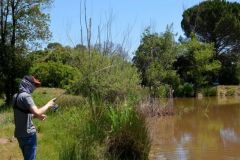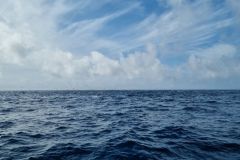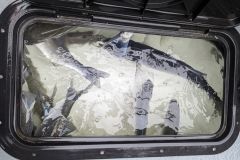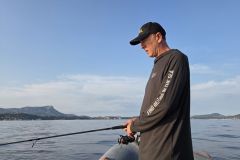Declining activity and rising mortality
Decrease in fish activity : many species, particularly carnivorous and migratory fish, become less active when the water heats up considerably, especially during heatwaves. Their search for cooler areas can make fishing much more difficult and limit catches.
Stress and mortality are on the rise: dissolved oxygen in the water decreases as the temperature rises, adding physiological stress to the fish. Fishing during warm periods increases the risk of post-capture mortality, even for released fish.
Risks for certain species : the larvae of many species can only survive in limited temperature ranges. Rising temperatures disrupt reproduction, reduce growth and can lead to the local disappearance of certain sensitive fish (trout, certain migratory species, fragile whitefish).
Ecosystem disturbance : a drop in phytoplankton, linked to rising temperatures, leads to a fall in available fish biomass, reducing the capacity of the environment to withstand fishing pressure. This has a domino effect on the entire food chain.
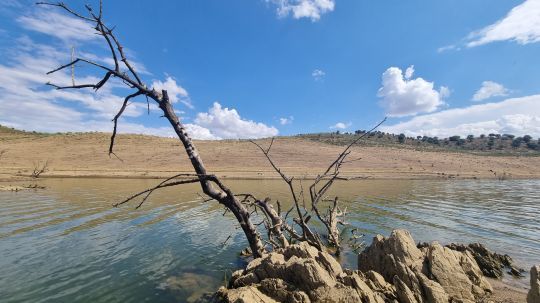
Should we continue fishing?
It is not forbidden (unless local regulations are in force), but it is advisable to adapt one's practice during hot weather:
- Avoid fishing at the hottest times of the day (prefer early morning or late evening).
- Limit handling time and return captured fish quickly to the water.
- Refrain from fishing certain fragile species (e.g. salmonids, trout) in very warm waters to avoid unnecessary mortality.
- Fish more ethically and responsibly, giving preference to hardy fish or, in particular, to its catch.
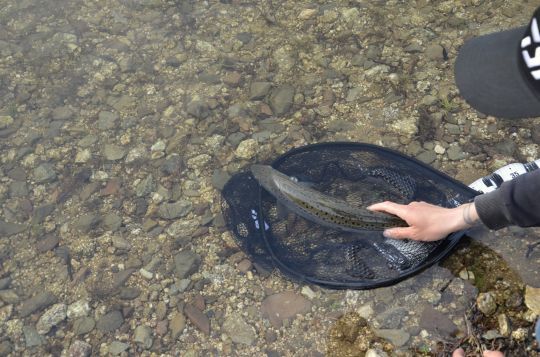
Extreme heat calls for a rethink of recreational fishing. Doing things differently or easing off during heatwaves is a gesture of respect for the survival of fish and the health of aquatic environments. And don't forget to check with your AAPPMA or departmental federation to see if any measures have been taken.

 /
/ 



